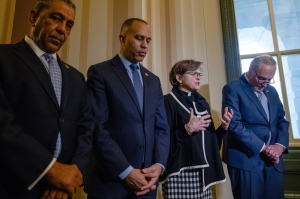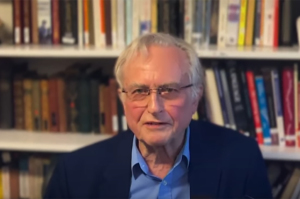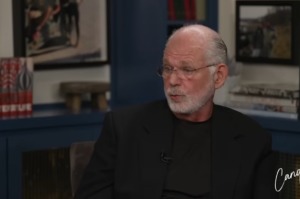House Church Pastor Appears Before Court for Printing Bibles in China
An underground Protestant church pastor in China appeared before a Beijing court with his wife and two other church members Thursday
An underground Protestant church pastor in China appeared before a Beijing court with his wife and two other church members Thursday, after being accused last year of illegally printing more than 200,000 Bibles and other Christian books.
Pastor Cai Zhuohua, who ministered to six house churches in Beijing prior to his arrest last September, appeared with the three others before the People's Court in the capital's Haidian district for “illegal business practices” in connection with the Bibles and other religious teaching materials found at their church.
According to the China Aid Association (CAA), which monitors religious freedom in China, authorities had confiscated some 200,000 copies of the Bible and other Christian literature in a storage room managed by Cai after his arrest on the morning of Sept. 11, 2004.
Though sources close to one of Cai’s churches said the confiscated Bibles and other Christian literature were solely for internal house church-use and Cai no profit off them, Cai's lawyer Gao Zhisheng told AFP that he was “not too optimistic” over the verdict – which could take anywhere from several days to a fortnight to be announced. As is customary in China, the court delivered no judgment at Thursday’s four-and-half hour hearing.
"It is impossible for them to be found innocent, but I have confidence to strive for lighter sentences," Gao said.
Despite the growing need for Bibles in China as a result of the rapid growth of Christians each year, only one publisher belonging to the state-sanctioned Three-Self Patriotic Movement is allowed to publish and print a limited number of Bibles and other Christian literature each year. In addition, the sale of these publications in public bookstores is forbidden.
However, Gao noted that "the books in no way were going to enter the market.”
“They were to be given away free of charge to the church members," he continued. "Trade transactions whether legal or illegal is not a question here.”
Gao said that far too often the court is used as a tool to oppress religion and religious freedoms, and that authorities use economics as a pretext to deal with religious and political issues.
According to Christian persecution watchdog groups such as Christian Solidarity Worldwide, most Protestant Christians in China belong to illegal "house churches," which remain independent of the government-regulated churches because of "the strongly-held belief that Christ is the head of the church and that this position cannot be usurped by a secular power."





























